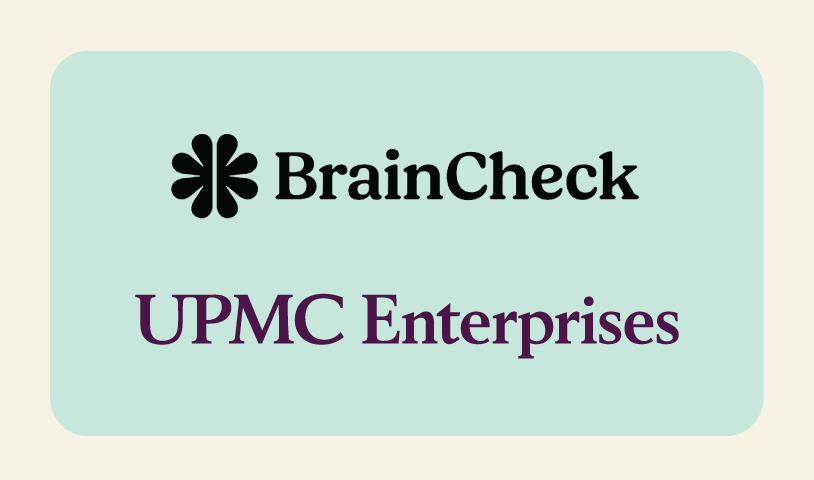Dec 10, 2019
Annual Top of Mind survey examines priorities for health system leaders pursuing value-based care
Limited resources, reimbursement cited as barriers for implementing key technologies as health systems transition from fee-for-service model.
The Center for Connected Medicine (CCM) has released its third annual Top of Mind for Top Health Systems report with insights on technology priorities from a survey of health system leaders.
The report focuses on three technology areas that are essential for the transition to value-based care: patient engagement, data aggregation and analytics, and precision medicine. To varying degrees health systems are pursuing solutions in these areas but find that limited resources and lack of reimbursement remain significant barriers to adoption, according to Top of Mind findings.
“Health systems are moving toward a risk-based world where they will have a bigger financial stake in better managing the health of their patients. Having access to complete patient data and analyzing it, keeping patients engaged in their health, and delivering more effective treatments are essential to managing risk,” said Pamela Peele, Ph.D., chief analytics officer of UPMC Health Plan and UPMC Enterprises.
“Finding the money to deploy these important technologies, while managing the other financial pressures health systems face, is a challenge for all health care providers,” continued Peele, who is a member of the steering committee for the CCM, which is jointly operated by GE Healthcare, Nokia and UPMC.
While many patients expect a digital experience in health care that’s on par with what they have in other, more technologically advanced industries, health systems reported low adoption. Respondents said that, on average, 35% of patients have adopted engagement technologies that are available to them.
The ability to aggregate and analyze data from multiple sources is essential for health systems that want to produce better outcomes and reduce costs. And while respondents reported having 71% of data from clinical sources integrated, on average, they also said limited resources, lack of data standards, and poor data normalization were the greatest barriers to complete data aggregation.
With its potential to improve clinical outcomes, precision medicine is a growing area of interest for health systems. However, high barriers to entry and uncertain funding models so far have limited adoption. Nearly 70% of interviewed organizations report low maturity or no deployment of precision medicine efforts.
Conducted in partnership with KLAS Research, the Top of Mind survey collected responses from 70 leaders at 65 health systems. Nearly half the respondents were chief information officers.


